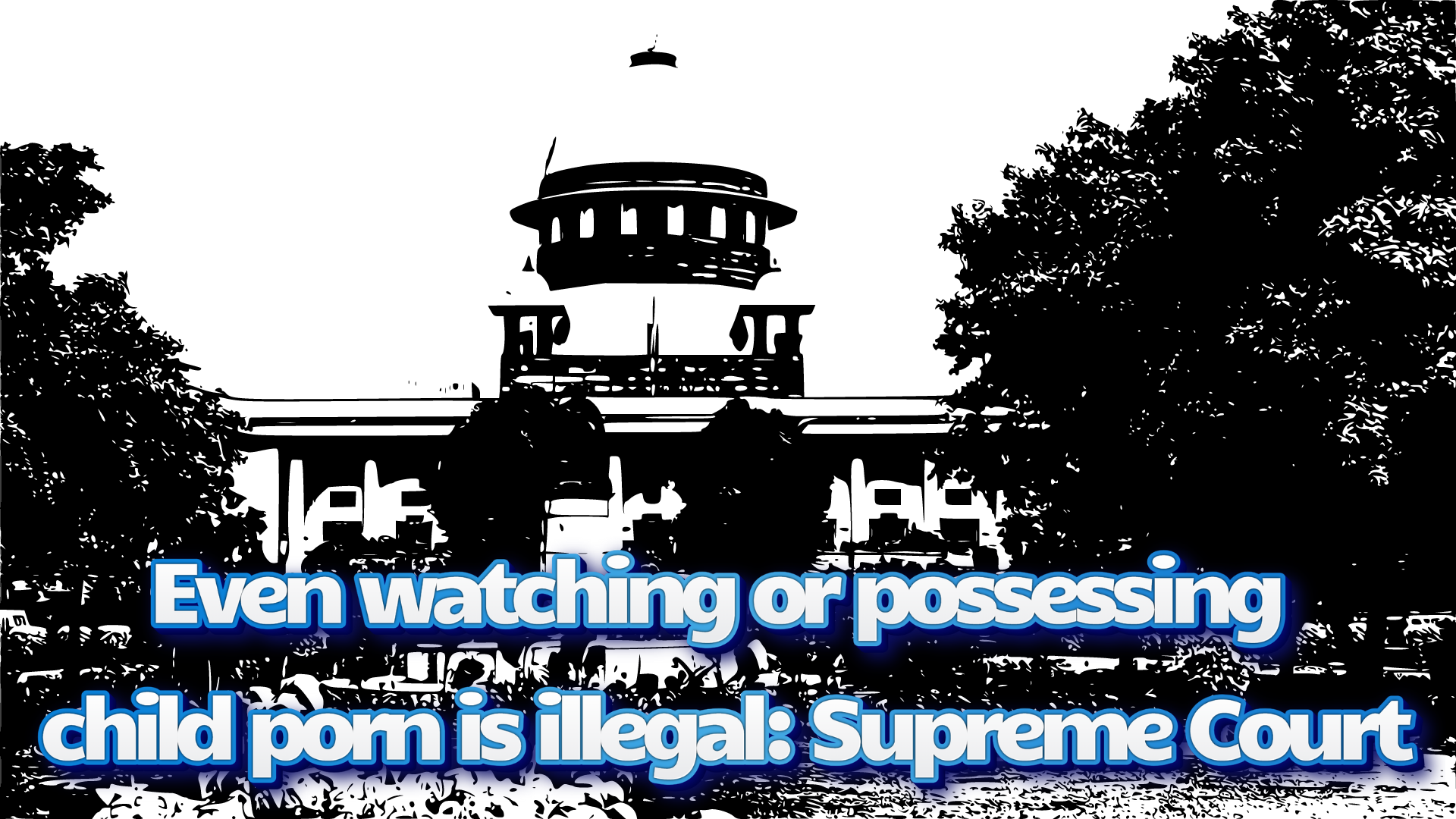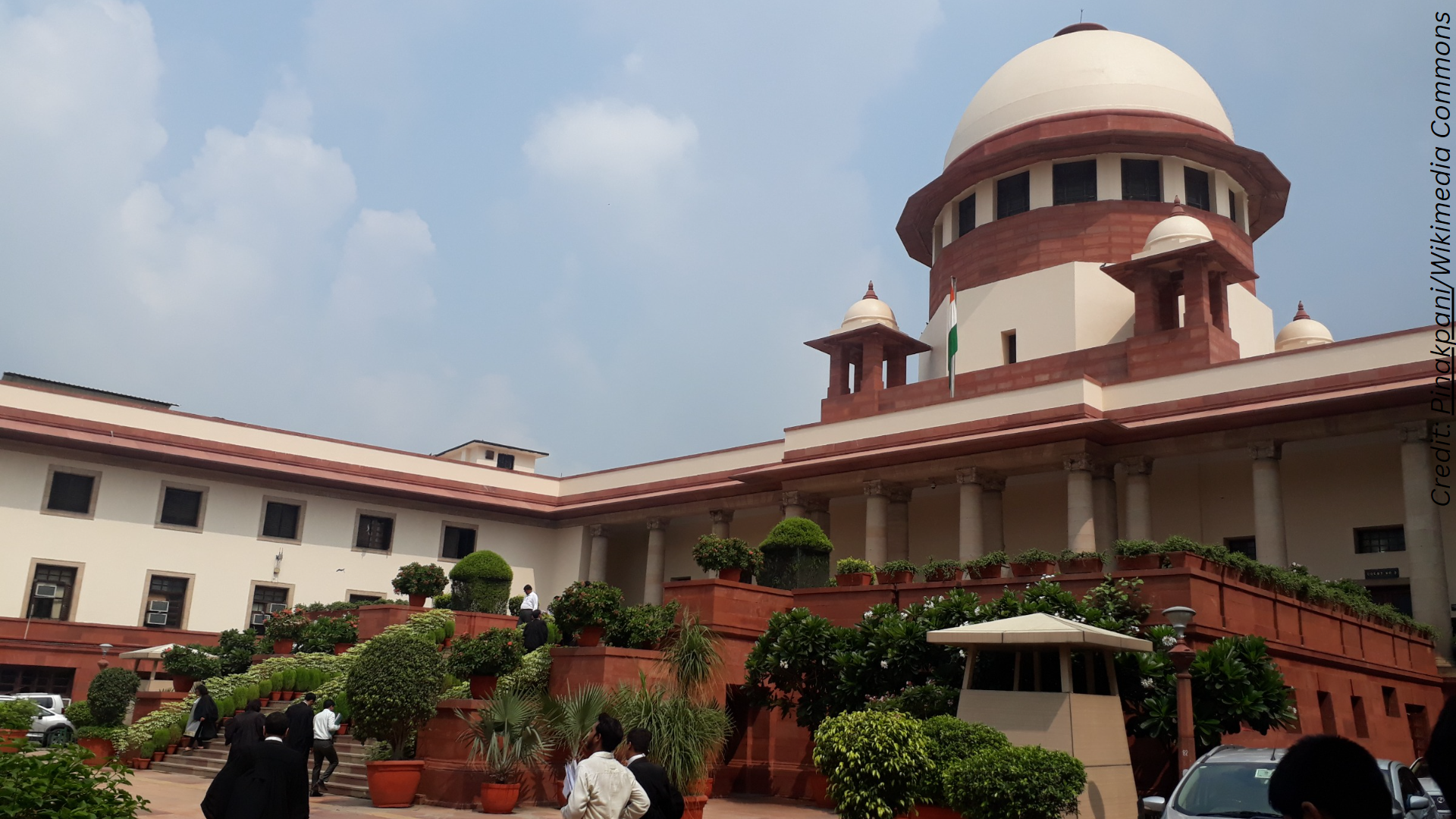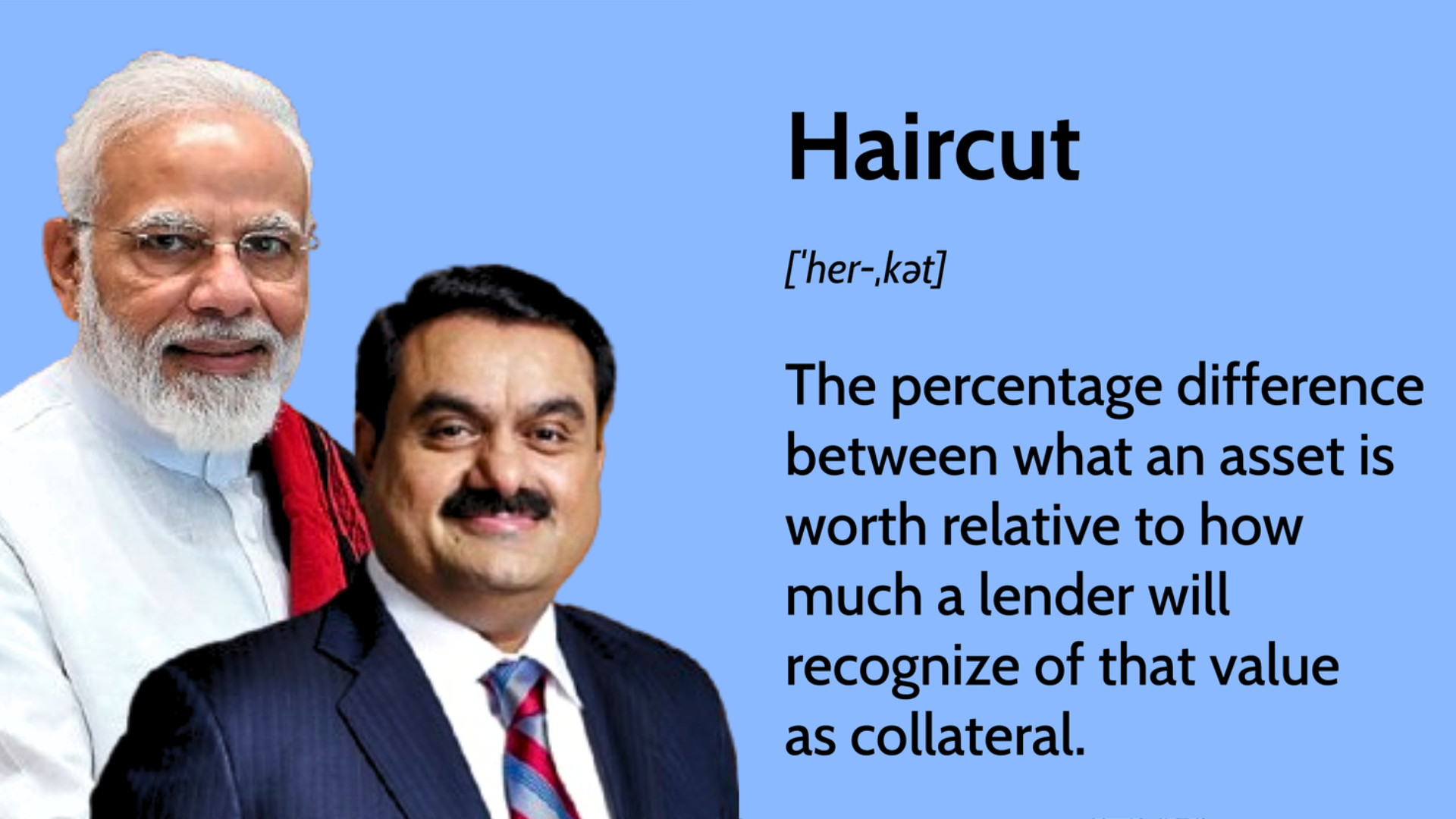Online speech restrictions through the backdoor

The Narendra Modi government is trying to bring in restrictions on online speech through the backdoor. At the ongoing drafting sessions in Vienna for a United Nations-promulgated international legally-binding treaty on cybercrime, the Indian delegation has proposed the “criminalisation of offensive messages”, which is an exact duplication of the language of the Section 66A of the Information Technology Act (IT Act) that the Supreme Court famously struck down seven years ago, on March 24, 2015, in the Shreya Singhal vs Union of India case.
This is a new ploy that the BJP is trying out to muzzle free speech. If the proposal does get accepted, then the Union government can easily argue that India now has an international obligation to reintroduce Section 66A, and tell the Supreme Court too that it needs to revise its decision.
Justice Madan Lokur, a former judge of the Supreme Court, told The Wire that it is “beyond shocking that the government is trying to introduce Section 66A through backdoor legislation”.
While striking down Section 66A, the Supreme Court said the provision was “violative of Article 19(1)(a)” [freedom of speech and expression] and “not saved under Article 19(2)” [right of the government to impose reasonable restrictions on this right].
According to sources at the UN meeting in Vienna, the European Union, El Salvador, Nigeria, Luxembourg, the UK and Georgia have opposed India’s proposal, saying it would “impact freedom of speech and expression”.







